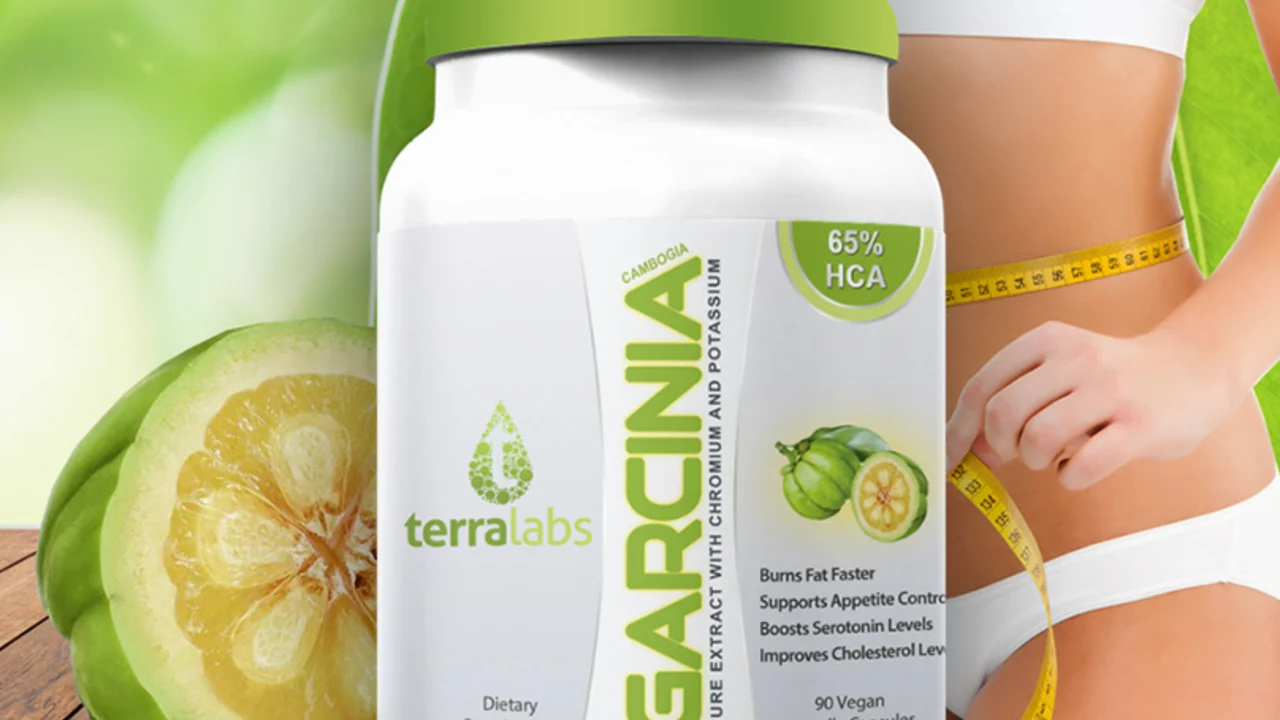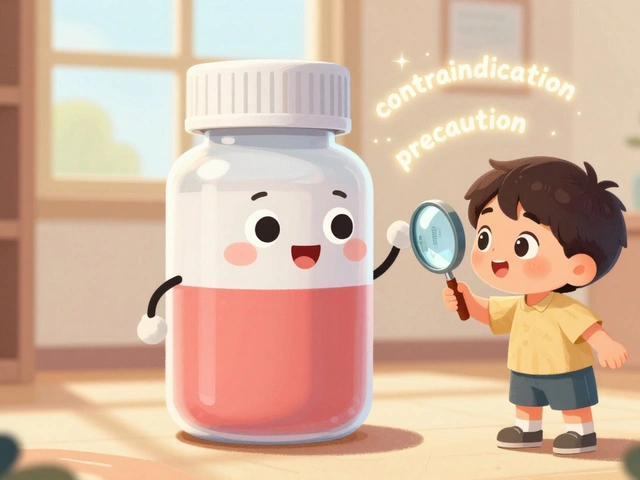All-Natural Dietary Supplement: Practical Tips for Safe Choices
Looking for an all-natural dietary supplement that actually helps and won’t cause trouble? Good. Natural doesn’t always mean safe or effective. This page collects short, useful advice so you can pick better products and avoid common mistakes.
How to pick a safe natural supplement
Start with the label. Look for clear ingredient lists, exact doses, and expiry dates. Avoid products that hide amounts behind "proprietary blends." Those blends often hide low doses of active ingredients or fillers.
Choose brands that use third-party testing. Certifications like NSF, USP, or independent lab results mean the product was checked for purity and accurate dosing. If a company doesn’t share test results, be skeptical.
Check interactions. Natural ingredients can still interact with prescription drugs. For example, some herbal bitters and blood-thinning herbs can affect medications. If you take blood pressure, cholesterol, or psychiatric drugs, ask your doctor before adding a new supplement.
Mind the claims. Supplements can’t legally promise to cure or treat diseases. Grand claims or celebrity endorsements are red flags. Real, useful products explain what the ingredient does, typical dose ranges, and possible side effects.
Common natural supplements and what to watch for
Black walnut is popular for digestive and anti-parasitic uses. Some users find benefit, but dosages vary and allergic reactions are possible. Start low and stop if you get stomach upset or a rash.
Bitter herbs—like gentian, yarrow, and wormwood—help digestion for some people. Tansy and wormwood can be toxic in high doses, so use guided products and short courses only. If you have liver disease or are pregnant, avoid them.
Probiotics and fiber help gut conditions such as colitis symptoms in many people. They can reduce bloating and support stool consistency, but not every strain works the same. Look for products that list strains (e.g., Lactobacillus rhamnosus GG) and the colony-forming units (CFUs) at the time of manufacture.
Herbal diuretics like dandelion extract can cause extra urination. They’re not a substitute for prescription diuretics when you have heart or kidney problems. Be careful with doses and monitor sodium and potassium levels if you have health conditions.
Quick checklist before you buy: check third-party testing, confirm exact ingredient amounts, search for interaction warnings, read user reviews for consistency, and consult a clinician if you take meds or have chronic illness. Blueskydrugs.com collects guides and honest reviews to help you learn more about specific supplements and how they fit into real life.
Want a quick recommendation? Pick one small change at a time—try a tested probiotic or a quality fish oil for 8–12 weeks, track how you feel, then reassess. That’s the simplest way to tell what actually helps you.




